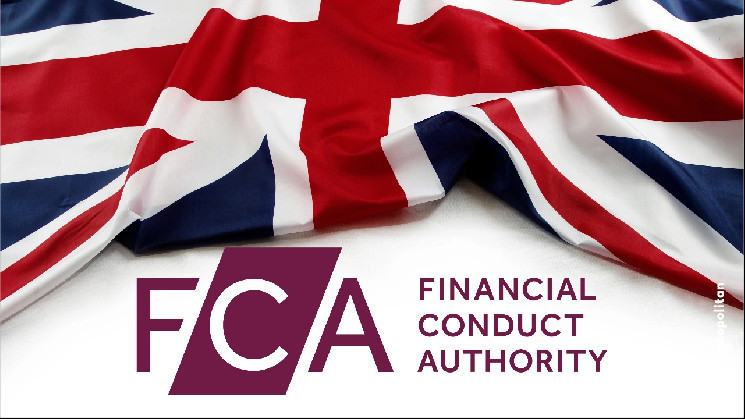The UK’s Financial Conduct Authority(FCA) faces growing calls for overhaul as criticisms over incompetence, dishonesty, lack of transparency, unaccountability, and lacklusterness mount. FCA is one-half of the UK’s twin peak regulators, complimented by the Prudential Regulation Authority.
A parliamentary report accusing the regulator of uninspiring behavior has heavily criticized it. FCA has admitted that it inappropriately delayed the public’s freedom of information requests, confirming the parliamentary accusations.
The criticism extends beyond parliament. Independent reviews have previously faulted the FCA for its handling of collapsed firms. Some of those firms include London Capital & Finance and the Connaught Income Fund.
Former city minister Lord Paul Myners always criticized the regulator for not being conscious of detecting warning signs before the failure of investment funds run by Neil Woodford. The lack of detection and early warnings made several investors lose money.
Public outcry is justified by the deeds of the regulator
The Financial Services Authority, which preceded FCA before the 2008 economic meltdown, was highly endorsed due to its hands-on approach. However, the praises narrow immediately after the financial crisis.
In most scenarios, the FCA is always viewed through a lens and faces heavy criticism when the cases they handle go wrong. However, they never receive credit when financial services function smoothly and are heavily blamed by the industry for hindering business.
The report from parliament’s outcome is not far-fetched since they gathered evidence from whistleblowers, victims, and FCA employees in terms that bordered on selection bias.
The FCA is accused of the same bias: “Inconsistent, selective in their use of evidence, mendacious when it suits them and error-prone. ” Others feel that the Financial Conduct Authority is full of unnecessary bureaucratic processes that cause delays.
The issues raised are serious, and they deserve to be handled. The regulator should show strength, character, and competency, with the ability to regulate misbehavior to achieve timely redress. Yet, the FCA doesn’t inspire confidence, and as currently constructed, it may never work for the public.
The regulator is marred by the conflict of interest and disorganization
The FCA has four operational objectives (consumer protection, market integrity, competition, and growth) and more than thirteen cross-cutting commitments. It frames policies, clears firms and individuals, monitors consumer duty, and enforces actions.
This broad mandate stretches the regulator’s focus, increasing the risk of conflicts of interest and operational confusion. Compounding the issue, the companies often recruit the FCA’s nearly 5,000 staff they are tasked with supervising, raising significant concerns about impartiality and transparency.
With all these happenings, the parliamentary report’s terming of the FCA’s transformation program as a failure is unsurprising. In fact, if the parliamentary report had given them a clean sheet, the world would have been stunned. Although the situation looks dire, the commitment of the senior management team cannot be overlooked, but they are facing an impossible task.
Launched in 2012, the twin peaks model should be revised. It was a noble cause to try to offload a single regulator and divide responsibilities into two separate entities to improve service delivery. However, in practice, the twins are not functionally separate. The PRA only oversees the bigger companies, and the FCA is in charge of the stability and conduct of 42,000 others.
To improve focus and delivery, FCA should identify only a few responsibilities and further distribute others to entities like the Competition and Markets Authority and the Department for Business and Trade.
Land a High-Paying Web3 Job in 90 Days: The Ultimate Roadmap

